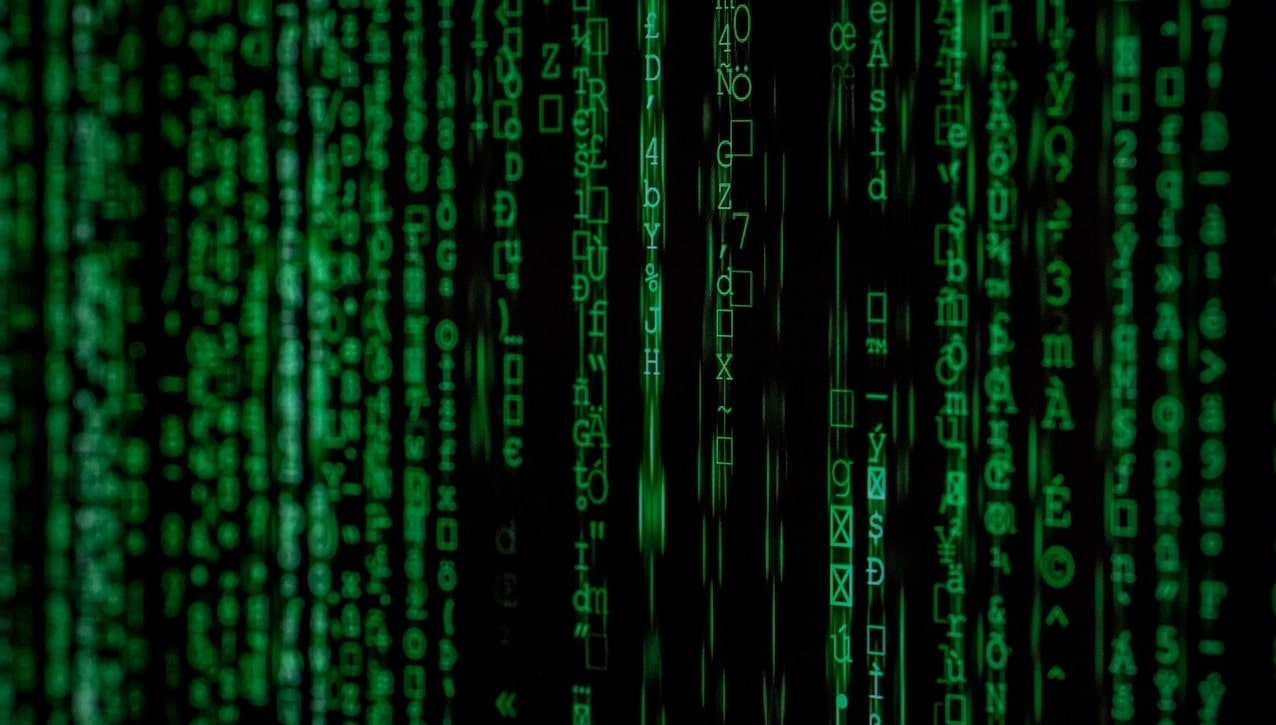A Response to Philip Goff’s ‘Limited God Hypothesis’
In his latest book Why? The Purpose of the Universe, and in his defence of a heretical form of Christianity, the philosopher Philip Goff makes a case for the ‘limited God hypothesis’. This is the idea that a god with limited abilities best explains what we observe in the universe. The hypothesis, therefore, challenges the…
View Post


